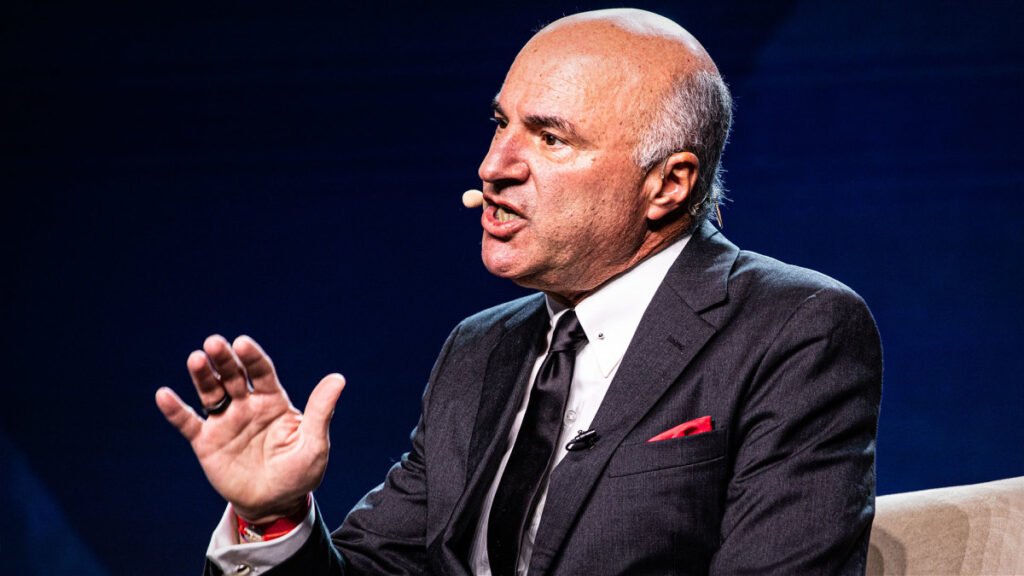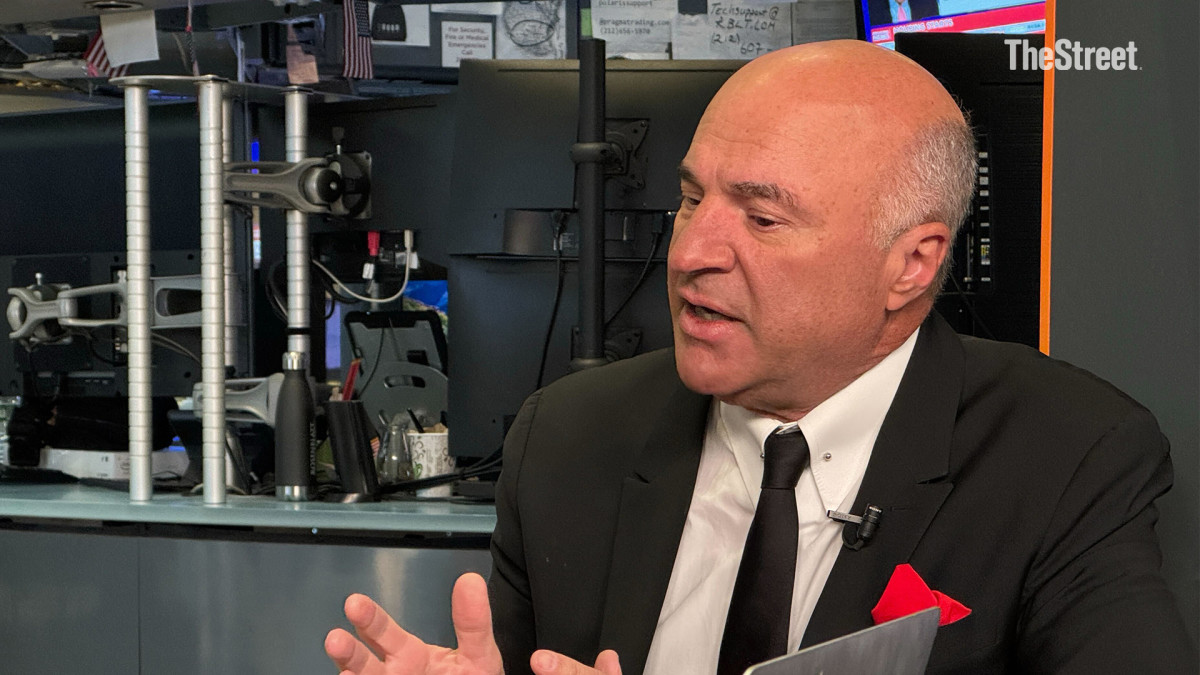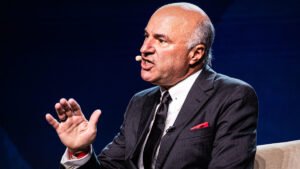As retirement planning becomes more complex in the face of rising debt and economic uncertainty, many Americans are reevaluating how they save — and where they put their money.
Individual Retirement Accounts (IRAs), both Roth and traditional, remain essential tools for building long-term financial security.
💵💰Don’t miss the move: Subscribe to TheStreet’s free daily newsletter 💰💵
But according to Kevin O’Leary, the effectiveness of these accounts depends not just on tax strategy, but on the financial habits that support them
O’Leary argues that credit card debt and poor budgeting can severely limit the ability to contribute to IRAs, ultimately jeopardizing retirement goals.
His perspective offers a blunt but practical framework for understanding how debt and discipline intersect with retirement planning.
Kevin O’Leary says credit card debt is major threat to IRAs
Related: Tony Robbins sends warning message to Americans on IRAs, 401(k)s
O’Leary has consistently warned that consumer debt — especially credit card debt — is one of the most destructive forces in personal finance.
“Spending too much is a disease. And credit card debt is a cancer,” O’Leary wrote in his book “Cold Hard Truth on Men, Women and Money.”
When it comes to retirement planning, his message includes the fact that people burdened by high-interest debt are unlikely to contribute meaningfully to their IRAs, whether Roth or traditional.
“You can’t build wealth if you’re bleeding money every month,” he explained.
As inflation and interest rates continue to pressure household budgets, more Americans are struggling to keep up with monthly payments — and retirement savings are often neglected.
Roth IRAs require after-tax contributions, which means savers must have discretionary income available after meeting their obligations.
Traditional IRAs offer upfront tax deductions, but they still demand consistent contributions to be effective.
When a household is paying high interest on credit card balances, the opportunity cost of investing in retirement accounts becomes significant.
O’Leary argues that this kind of debt not only erodes wealth but also undermines the discipline required to build a secure retirement.
Image source: TheStreet
Kevin O’Leary believes Roth IRAs reward discipline
When Americans prioritize debt payments over long-term savings, they can end up making only minimum payments while pausing IRA contributions altogether. This short-term decision can have lasting consequences.
Missed contributions reduce the compounding potential of retirement accounts and may lead individuals to rely more heavily on Social Security or other government programs later in life.
O’Leary’s approach emphasizes the importance of eliminating bad debt before attempting to build retirement wealth. Without that foundation, even the most well-structured IRA strategy can falter.
More on personal finance:
- Scott Galloway has bold words for Americans on Social Security
- Tony Robbins sends warning message to Americans on IRAs, 401(k)s
- Dave Ramsey has blunt words for Americans on Medicare, Medicaid
Roth IRAs are widely regarded as one of the most powerful tools for retirement savings, offering tax-free growth and withdrawals in retirement. They are particularly beneficial for younger investors and those who expect to be in a higher tax bracket in the future.
O’Leary has praised Roth accounts for rewarding disciplined savers who plan ahead and live within their means. However, he also cautions that the benefits of Roth IRAs are only fully realized when contributors are financially stable.
Credit problems interfere with that stability. When a significant portion of income is consumed by interest payments and revolving balances, Roth contributions often become optional rather than automatic.
O’Leary’s budgeting philosophy — centered around calculating a “90-day number” to cover essential expenses — encourages individuals to identify excess spending and redirect those funds toward savings.
This method is designed to ensure that retirement contributions are built into one’s monthly budget, rather than treated as discretionary.
Related: Dave Ramsey has blunt words for Americans on Medicare, Medicaid
Kevin O’Leary says traditional IRAs are useful — but with a word of caution
Kevin O’Leary draws a sharp line between Roth and traditional IRAs, warning that the latter can mask financial instability.
While traditional IRAs offer immediate tax deductions, O’Leary cautions that contributing while carrying high-interest debt is risky and counterproductive.
He argues that retirement accounts should only be funded from a position of financial strength — not borrowed money or deferred obligations.
Unlike Roth IRAs, which reward long-term discipline and tax-free growth, traditional IRAs are less flexible and carry penalties for early withdrawals.
O’Leary urges savers to eliminate bad debt and build emergency reserves before committing to any retirement strategy.
Related: Shark Tank’s Kevin O’Leary bluntly speaks on Americans’ 401(k)s

















